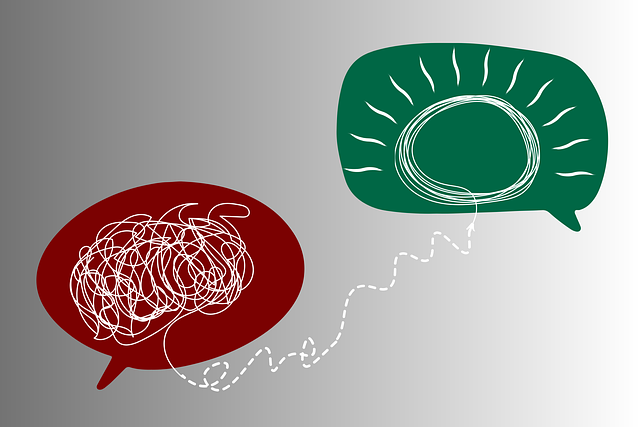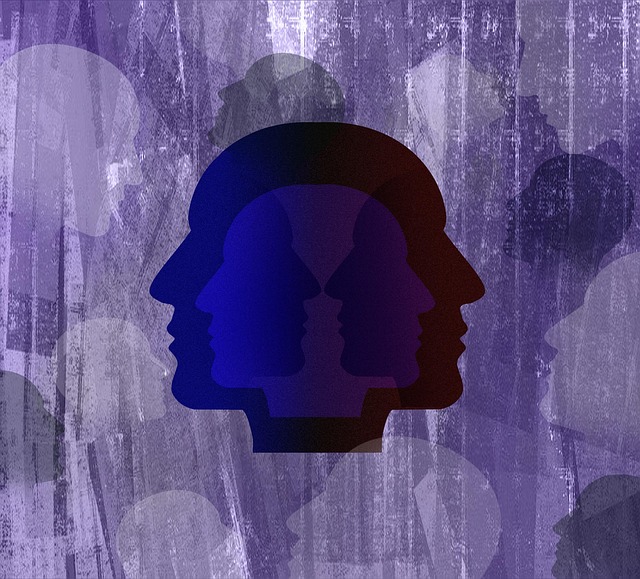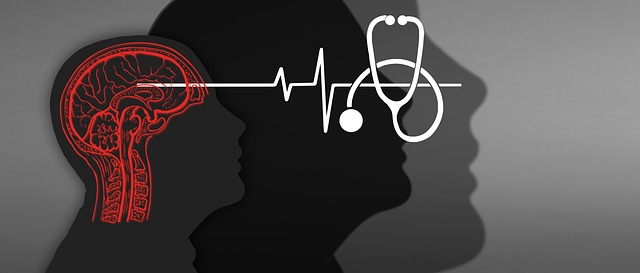The text emphasizes the often-overlooked connection between social skills and mental health, particularly for young adults. It introduces play therapy as a powerful tool to address this gap by enhancing emotional intelligence and teaching vital relationship skills. For conditions like anxiety, depression, or autism, social skills training through play therapy helps individuals build healthy relationships, manage stress, and communicate assertively, leading to improved mental well-being and academic performance. This approach, backed by case studies, offers a dynamic and personalized space for emotional healing and growth. Effective communication strategies, combined with play therapy, empower young adults to foster deeper connections and enhance their overall mental wellness.
Social skills training is a powerful tool in the realm of mental health support, especially for young adults. This comprehensive guide explores the intricate connection between social abilities and psychological well-being, highlighting why such training is crucial in today’s digital era. We delve into innovative approaches like play therapy to enhance interaction, practical communication techniques, and inspiring case studies from successful programs, offering a holistic view of effective therapy for young adults.
- Understanding the Link Between Social Skills and Mental Health
- Why Social Skills Training is Crucial for Young Adults
- The Role of Play Therapy in Enhancing Social Interaction
- Practical Techniques for Improving Communication Skills
- Case Studies: Success Stories from Social Skills Training Programs
Understanding the Link Between Social Skills and Mental Health

The connection between social skills and mental health is a crucial aspect often overlooked in traditional therapy settings. For young adults navigating various mental health conditions, lacking or underdeveloped social skills can exacerbate symptoms and hinder their overall well-being. Play therapy and similar approaches are gaining recognition as effective tools to bridge this gap. These therapeutic methods not only enhance emotional intelligence but also teach individuals how to interact with others, manage relationships, and build a support network—essential components for recovery and burnout prevention.
Mental health professionals play a pivotal role in facilitating this process. By integrating social skills training into therapy sessions, they empower young adults with the necessary tools to cope with challenges, improve their quality of life, and foster meaningful connections. This holistic approach, combined with risk management planning, ensures that individuals are equipped not just to manage their conditions but also to thrive in social environments, thereby reducing potential triggers and promoting positive mental health outcomes.
Why Social Skills Training is Crucial for Young Adults

Social Skills Training is a vital component of mental health care for young adults. Many individuals in this age group struggle with social interactions due to various mental health conditions such as anxiety, depression, or autism spectrum disorder. Play therapy and other similar approaches offer a safe space for them to learn and practice essential coping skills development. These sessions help young adults navigate social situations more effectively, fostering emotional well-being promotion techniques that can prevent burnout and enhance overall quality of life.
By participating in such training, young adults can acquire the tools needed to build and maintain healthy relationships, manage stress, and communicate their needs assertively. This is particularly crucial as they transition into adulthood, where social expectations and pressures can be overwhelming. Effective social skills training not only prepares them for academic and professional settings but also equips them with lifelong strategies to cope with life’s challenges, ensuring better mental health outcomes in the long term.
The Role of Play Therapy in Enhancing Social Interaction

Play therapy is a powerful tool within social skills training, particularly beneficial for young adults navigating mental health conditions. Through imaginative play and creative expression, individuals can explore and express their emotions in a safe and controlled environment. This therapeutic approach encourages non-verbal communication, an essential aspect of human interaction, which can be especially challenging for those with anxiety or trauma. By engaging in role-playing scenarios, participants learn to interpret social cues, develop empathy, and practice appropriate responses—all vital skills for enhancing social interaction.
In the context of mental health support for young adults, play therapy offers a dynamic and personalized space where emotional well-being promotion techniques can be seamlessly integrated. Healthcare providers skilled in this area can facilitate sessions that address specific challenges related to social anxiety, depression, or past traumatic experiences. Additionally, cultural competency training ensures that play therapy is adaptable to diverse backgrounds, fostering inclusivity. Effective risk management planning for mental health professionals is also crucial when facilitating these therapeutic interactions, allowing for a secure and supportive atmosphere where individuals can thrive and develop essential social skills.
Practical Techniques for Improving Communication Skills

Communication is a cornerstone of mental health recovery, especially for young adults navigating therapy. Practical techniques like role-playing scenarios in play therapy can dramatically enhance communication skills. Through this method, individuals learn to express themselves more effectively, understand non-verbal cues, and practice active listening—all crucial components of healthy interactions.
The Mental Wellness Podcast Series Production offers a wealth of insights into various communication strategies tailored for emotional healing processes. By engaging with these resources, young adults can develop the confidence to communicate openly with therapists, peers, and loved ones. This, in turn, fosters deeper connections, improves support networks, and promotes overall mental wellness.
Case Studies: Success Stories from Social Skills Training Programs

Social Skills Training Programs have proven to be life-changing for many individuals struggling with mental health conditions. Case studies show that these programs can significantly improve social interactions, communication, and overall well-being. For young adults dealing with anxiety or depression, structured therapy sessions focused on play and interaction can foster a sense of belonging and boost self-confidence.
One notable success story involves a 20-year-old participant who struggled with social anxiety. Through play therapy exercises and self-awareness exercises, they learned to manage their fears and initiate conversations. This not only improved their relationships but also led to better performance in academic settings. Similarly, the Mental Wellness Podcast Series Production highlights numerous stories of individuals discovering their inner strength development through these programs, ultimately enhancing their mental wellness.
Social skills training, particularly through play therapy, has proven to be a game-changer in supporting young adults with mental health conditions. By focusing on enhancing communication and social interaction skills, these programs offer a unique and effective approach to fostering healthier relationships and improving overall well-being. Integrating practical techniques into daily life can help individuals navigate social situations with increased confidence, leading to more fulfilling personal connections. The success stories highlighted in this article underscore the significant impact of such training, making it an essential consideration for those seeking therapy options for young adults.












